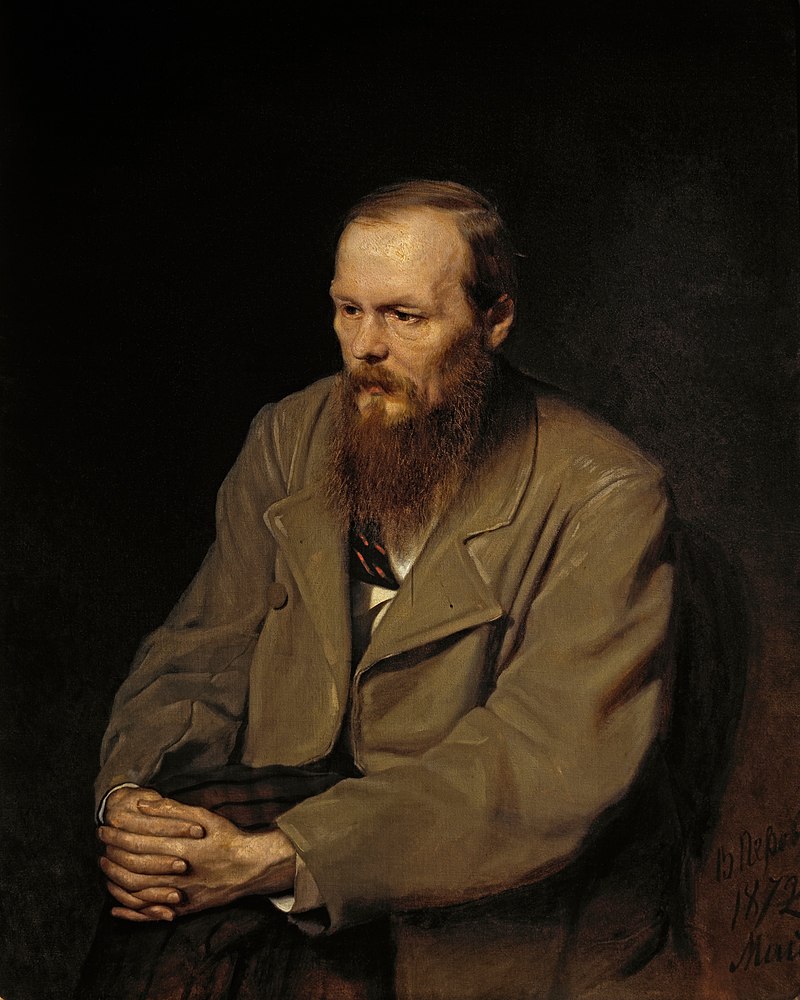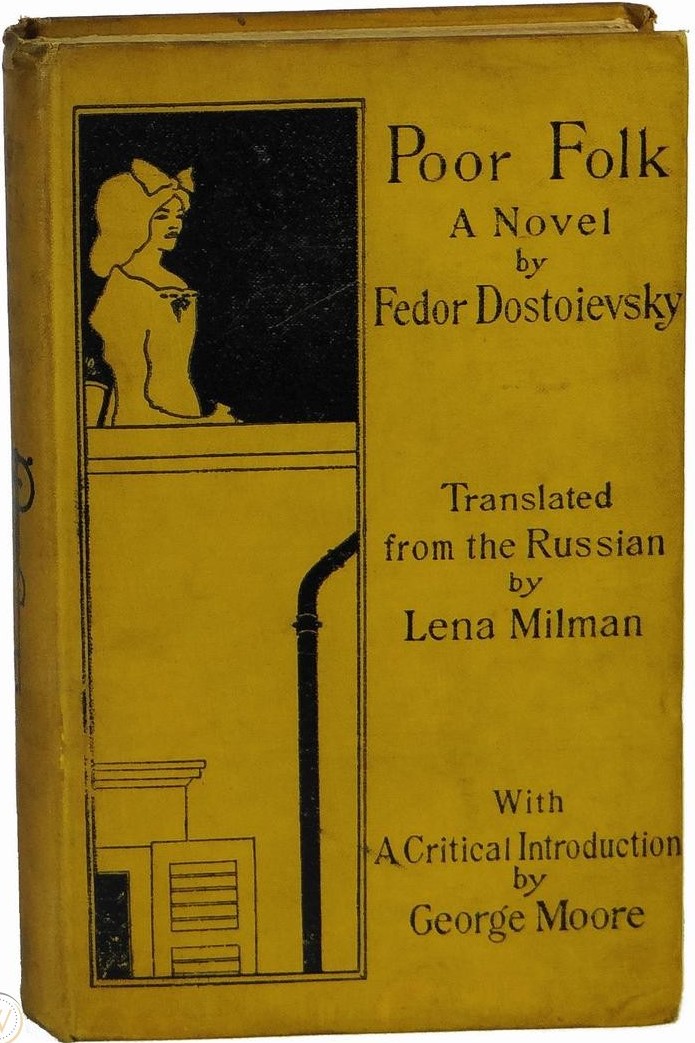
“Poor Folk” is Fyodor Dostoevsky’s debut novel, published in 1846. He wrote the novel as a means of addressing his financial struggles, which were caused by his costly lifestyle and worsening gambling addiction. Despite having attempted to generate income through translations of foreign literature, his efforts had been met with little success. As a result, he turned to writing his own novel in the hopes of securing financial stability.
The story is told through the letters exchanged between Makar Devushkin, a poor copy clerk, and his cousin Varvara Dobroselova, who he loves deeply but who does not share his feelings.
Now here are some of my personal reflections on the book.
Congratulations! As this blog follows the brevity principle(quality of being brief), you are at the second level!?
The pen’s initial contact with the paper is filled with passion, each stroke leaving behind a trail of fiery ink. The pages are marred with red, bloody gashes, reflecting the writer’s inner turmoil and lack of direction. Despite this, the writer persists, driven by a desire for self-discovery and a longing to understand themselves fully.
Poor human beings are sensitive, nature makes them so. Everyone knows that these poor humans are worth less than an old rug. They do not expect respect from anyone. As they try to get away from being miserable, they sink deeper. Like struggling in a swamp. They are also unhappy. And most of them will not belong to themselves. They become more overwhelmed by focusing on other people.
You know people dress for others, torn shoes make them lose their identity and name. Feeling insignificant is the beginning of the end. What has no cure must be endured. Conscience, but where is it?
But humans don’t stop. They constantly drag themselves into darker, scary, dead-end puzzles, becoming more and more helpless with each step.
Your interests and skills may not be of interest to the other party. They only take care of themselves from you and return the rest. Losing begins with small but decisive steps, and then you wake up and find that you have nothing left. Shouting into the void even after realizing its absence. It’s just a habit. Love and gambling..
Wow, you are at the third level. Let’s play a game!? I bet you will read till the end.? The show must go on!?
The novel delves into the complexity of human emotions and how they can lead to feelings of insignificance and hopelessness. Dostoevsky also explores the theme of intellectual love or friendship battle with oneself, the power of human emotions and how they can lead to destruction.
Dostoevsky knows well what people feel. Whoever reads his books will find at least one sentence from themselves. And that’s the miracle technique that makes it worthy. Some life lessons can be gleaned from the book:

- Unhappiness is a contagious disease: “Poor Folk” illustrates the potential negative effects of unhappiness and how it can spread to those around us. Dostoevsky portrays the idea that unhappiness is contagious and can be harmful not only to the person experiencing it but also to those in their proximity. This serves as a reminder of the importance of maintaining a positive outlook on life and the impact of the people we surround ourselves with. The novel emphasizes the significance of being mindful of one’s own emotional state and the emotional state of others, and the importance of surrounding ourselves with positive and supportive individuals who can lift our spirits and provide a sense of hope. It is a call to take control of our emotional well-being and surround ourselves with people who can help us to maintain a positive outlook on life.
- The significance of self-awareness: Makar’s unrequited love shows how crucial it is to be aware of our own feelings and desires, rather than projecting them onto others. The novel illustrates the importance of self-awareness in navigating relationships and finding fulfillment in life.
- Poverty affects the human condition: The impact of poverty on the human condition: The novel explores the lives of the lower class in 19th-century Russia and how poverty affects their daily life and their perspectives. This serves as a reminder of the importance of understanding and empathizing with those who are less fortunate.
- The complexity of human emotions: The novel explores the intricacies of human emotions and the impact they can have on an individual’s sense of self-worth and outlook on life. It serves as a reminder that emotions are not simple, but rather multi-faceted and can change over time.
- Powerful communication: Throughout the novel, Makar writes letters to Varvara expressing his thoughts and feelings. This serves as a reminder of how important it is to communicate clearly and effectively in any relationship, be it romantic or otherwise. The novel highlights the importance of open and honest communication in building and maintaining relationships, and how it can make a difference in understanding and resolving conflicts, and achieving mutual understanding.
I hope you find it useful, and if you have any other comments on the book, you are very welcome to share.
Congratulations! You nailed it! I hope you find it useful. Have a pleasant day?

Here you can check the book:
2 replies on “What does Dostoyevski’s first novel teach us?”
Great job!
Dear Fatima, thank you so much for your comment?